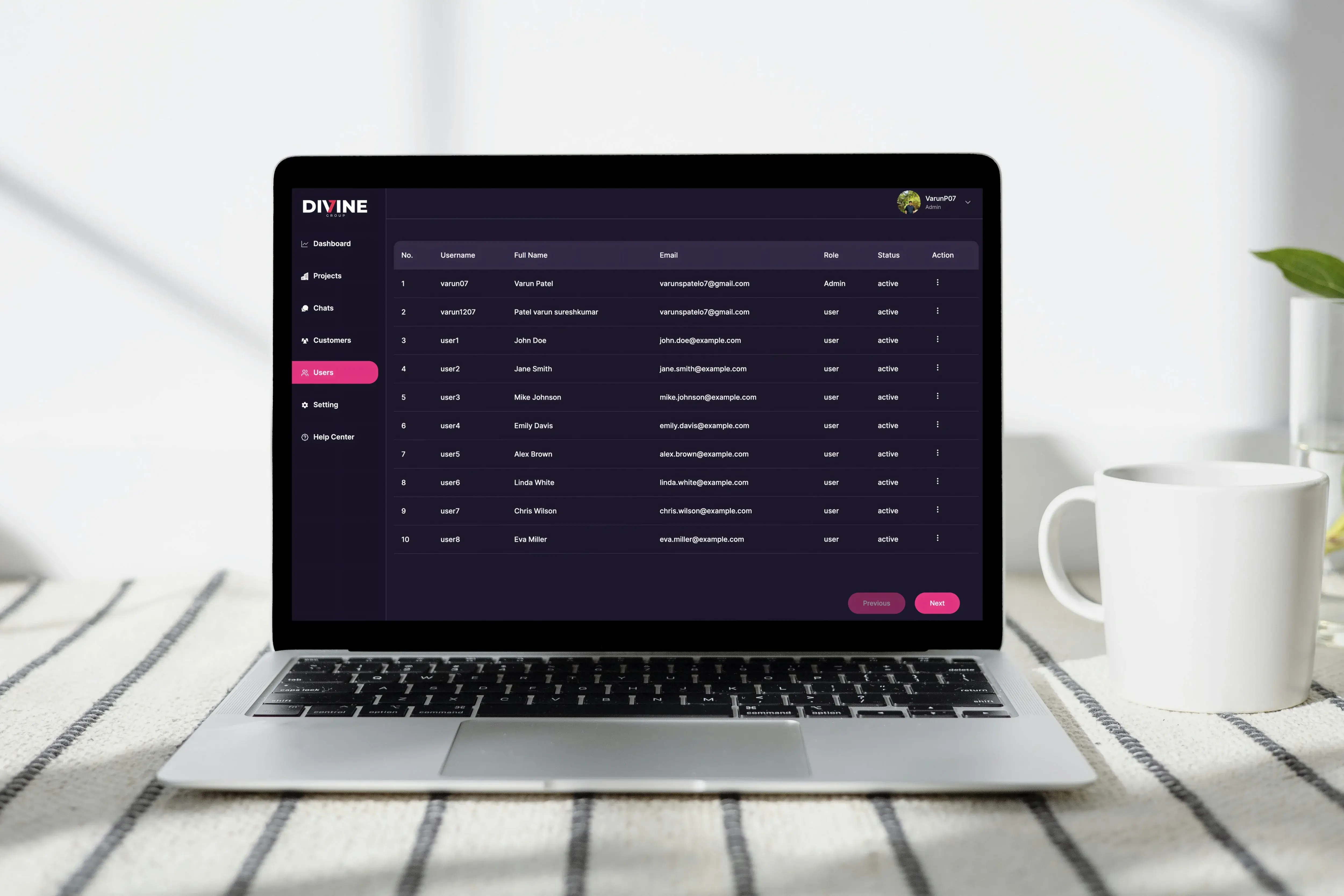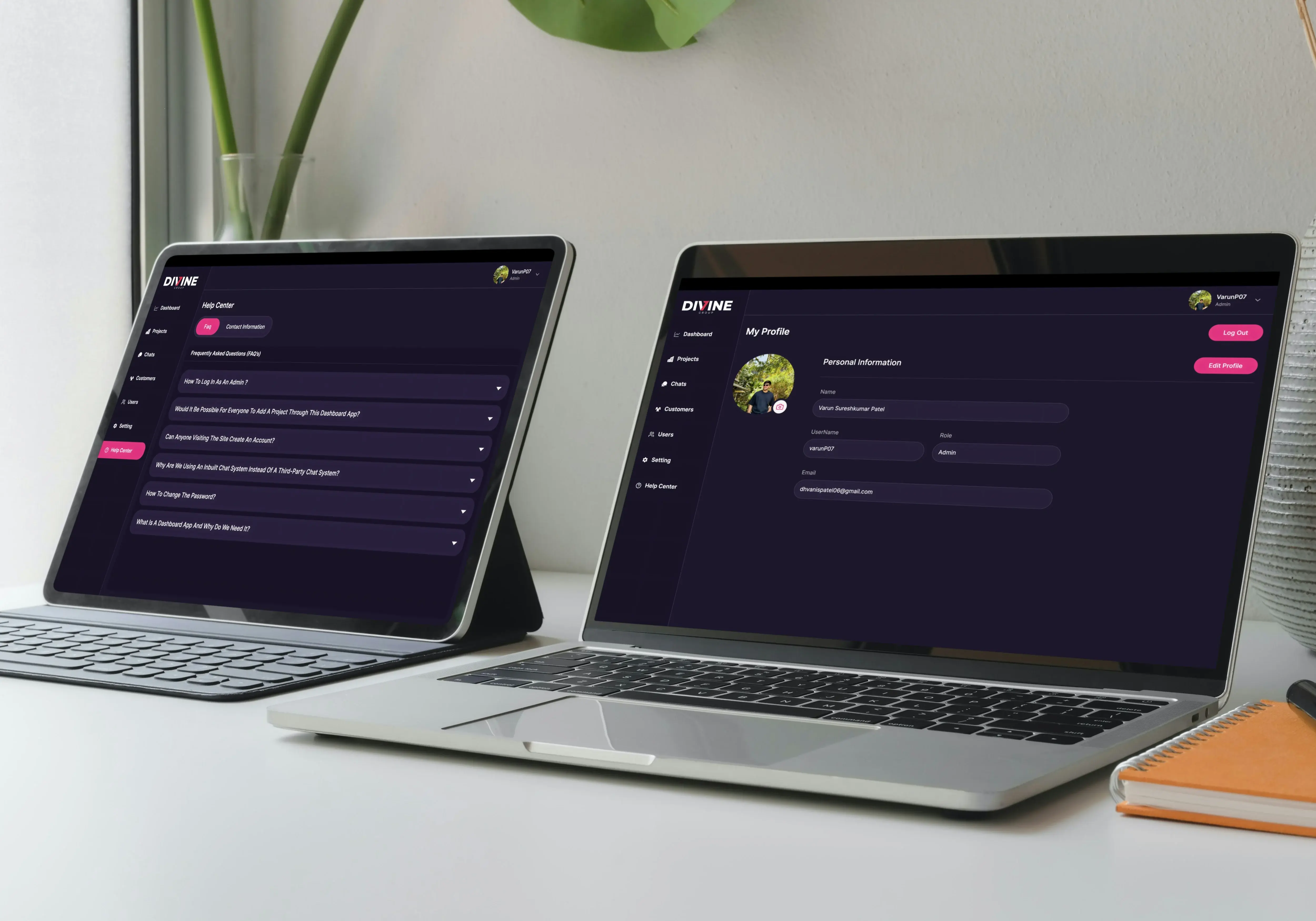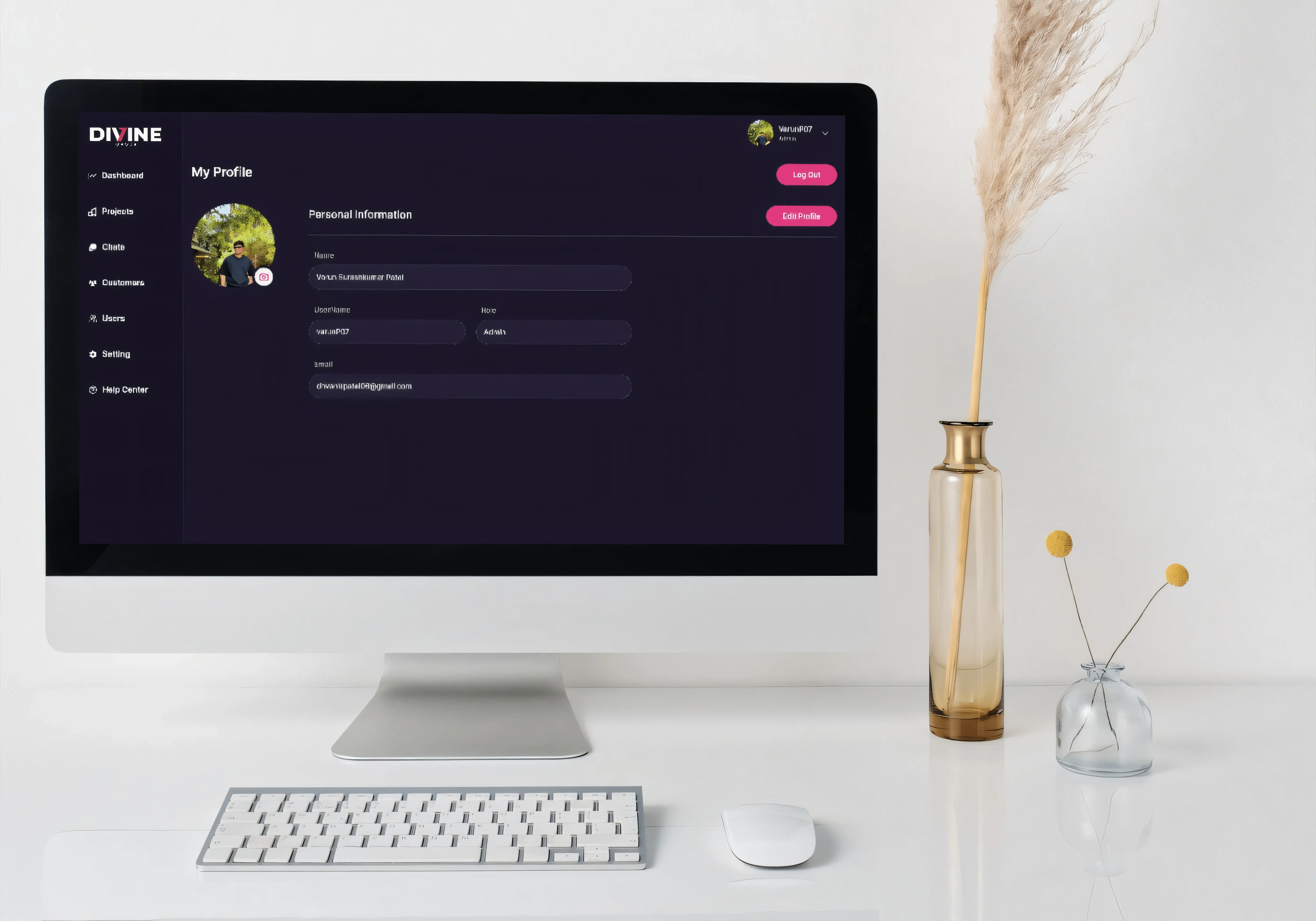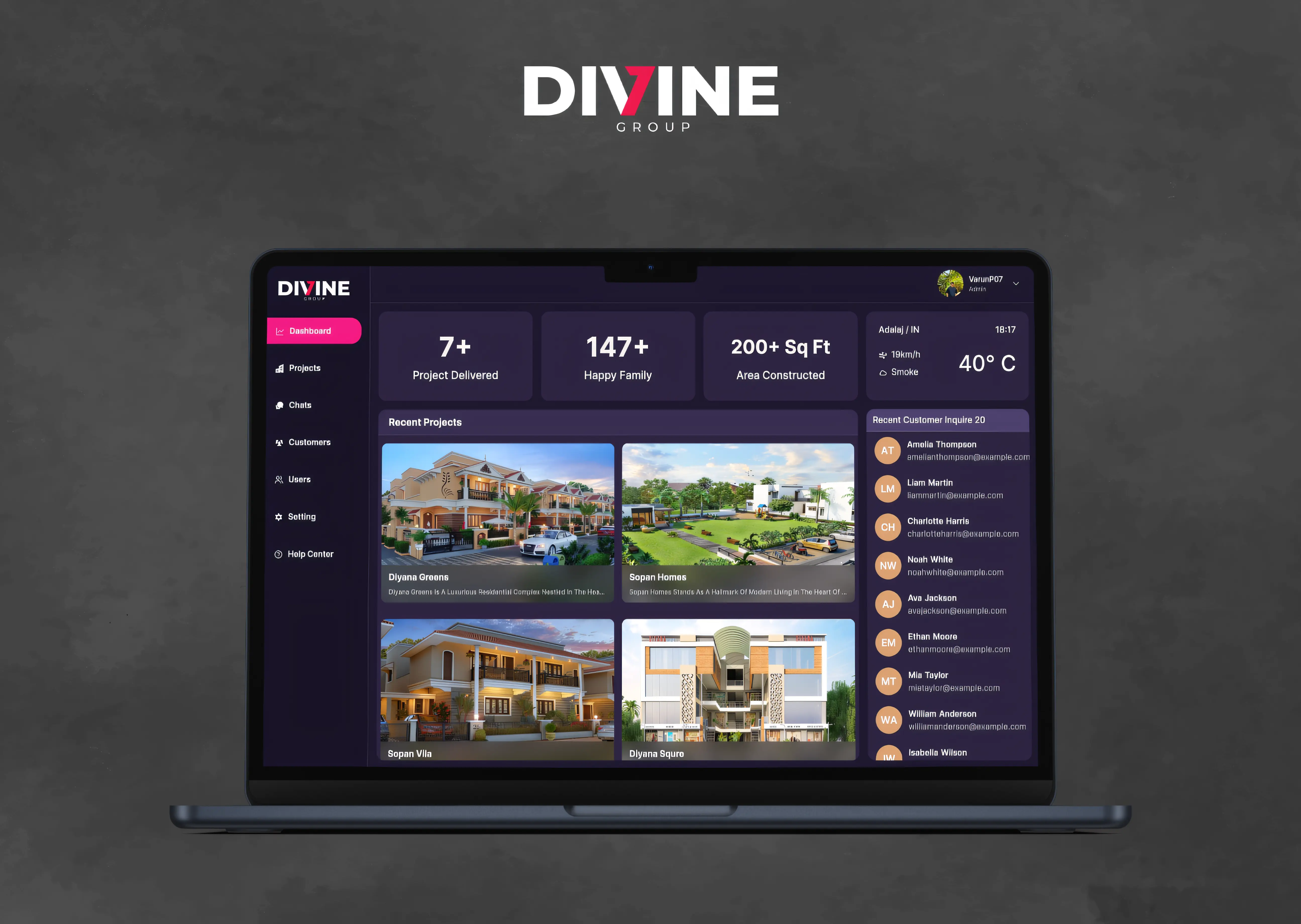Real Estate Operations Management Web Application
the brief
Build a comprehensive web application using MERN stack to efficiently manage all aspects of real estate operations. The platform will include a built-in chat system, project management tools and an email system to facilitate seamless communication and collaboration within the organization
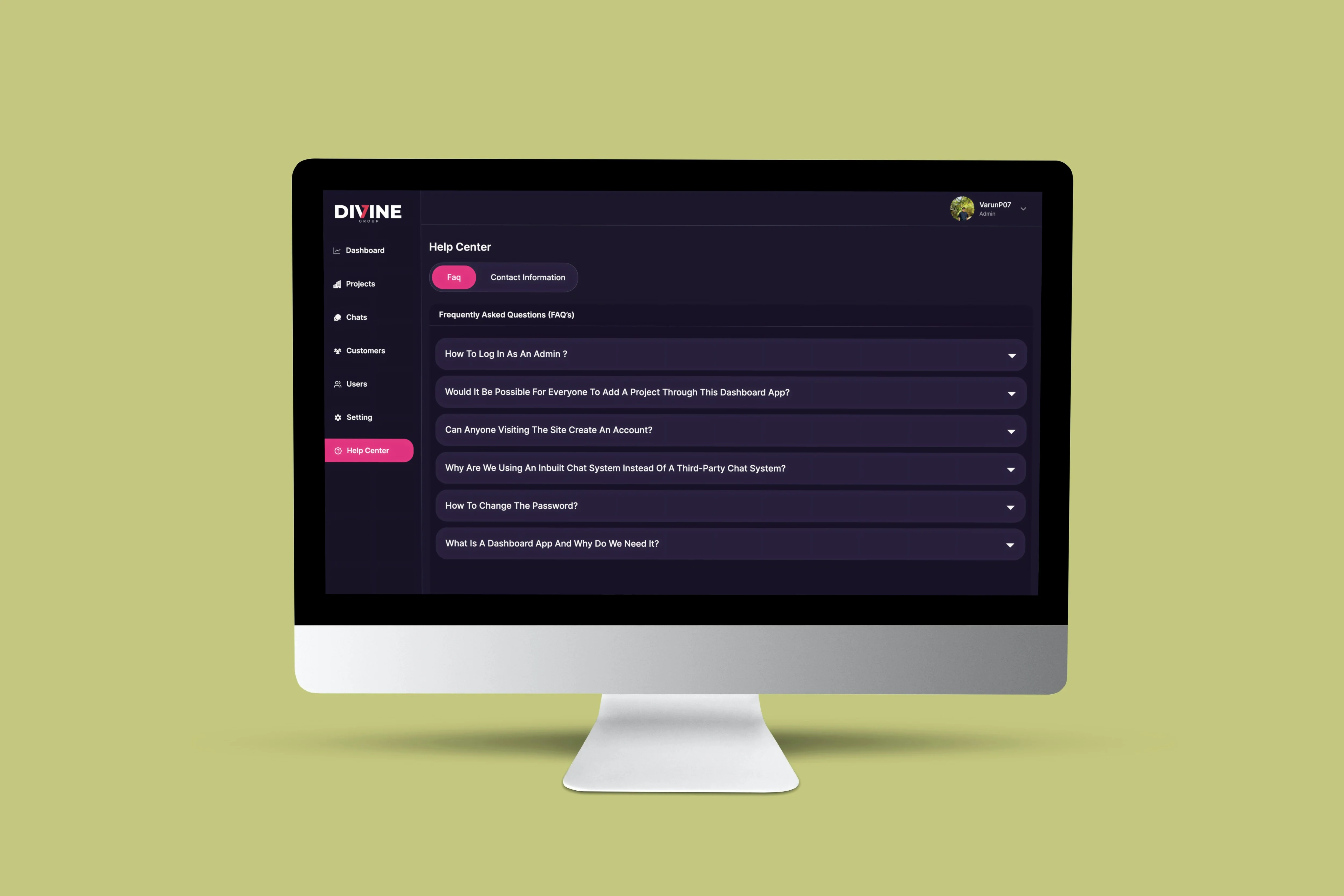
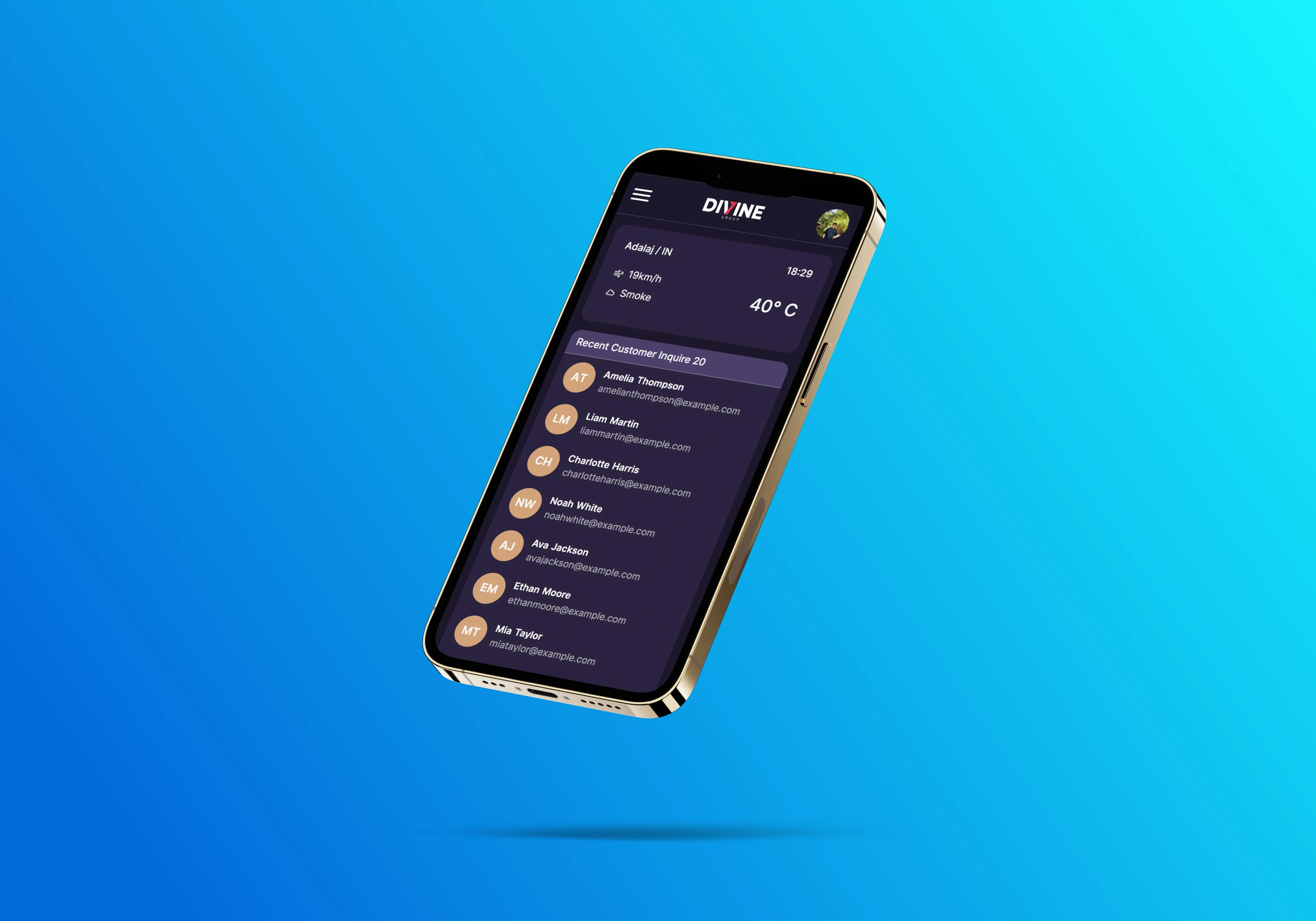
the Challenge
The real estate industry requires complex negotiations among a variety of stakeholders, including agents, clients, brokers, and professional bodies. Ensuring effective communication and efficiency across teams and projects is important but often difficult. Managing multiple tasks at the same time while managing tasks, milestones, deadlines, and updates can be overwhelming without a centralized system Integrating essential communication tools such as chat and email into the platform while maintaining security and privacy standards presents technical challenges.
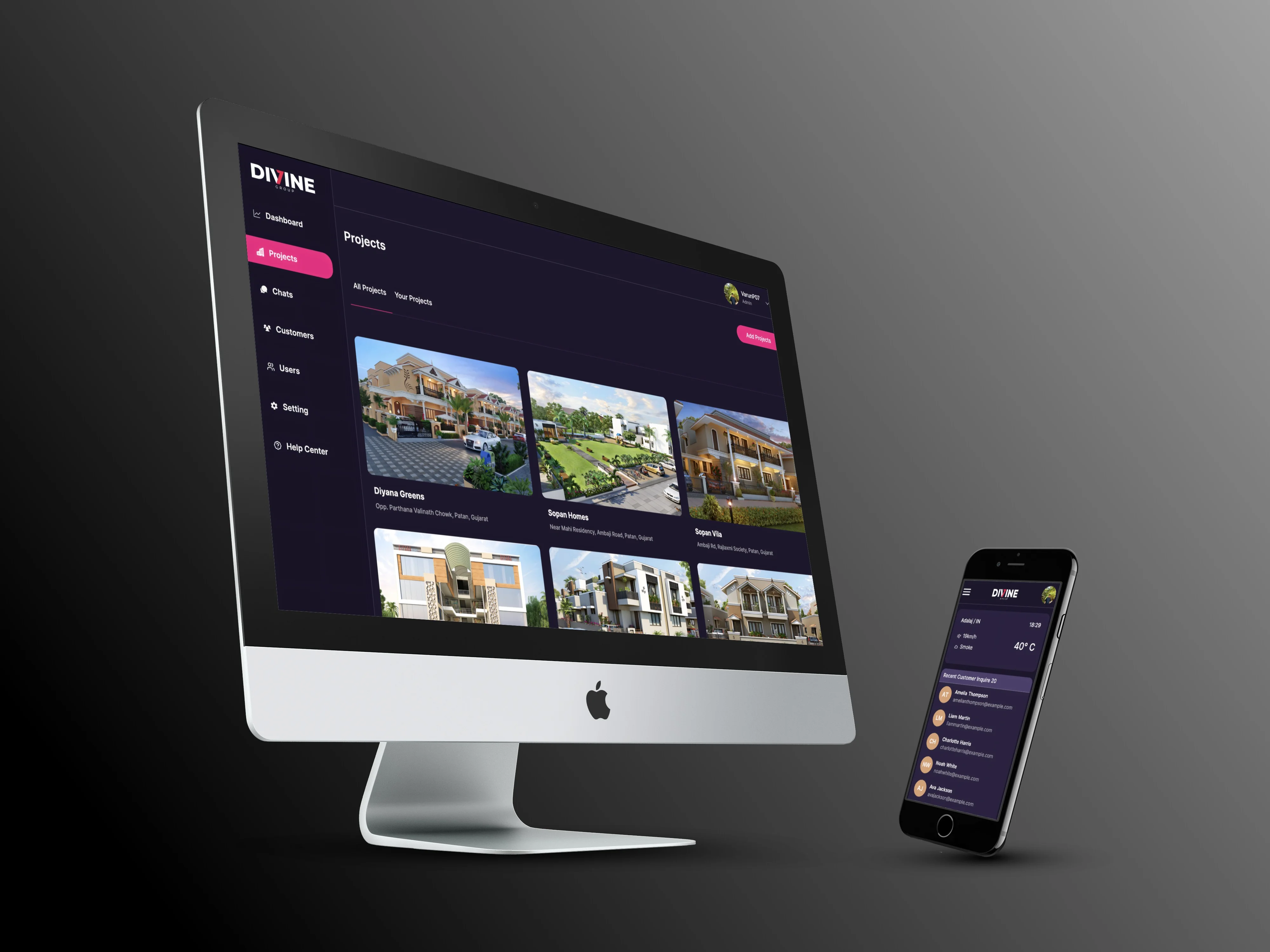
The Solution
The Real Estate Operations Management Web App will feature a user-friendly interface, developed using the MERN stack and RESTful APIs. Regular maintenance and updates will ensure reliability, while performance optimizations and cloud hosting will ensure scalability for managing real estate operations seamlessly.
Design Approach
Adopt a user-centered design approach to ensure the platform is intuitive, visually appealing, and easy to navigate. Conduct usability testing and gather feedback to iteratively improve the user interface and user experience. Implement responsive design principles to ensure the application is accessible and functional across devices of varying screen sizes.
Development Process
Utilize the MERN stack for data management, server-side logic, and dynamic user interfaces. RESTful API architecture for efficient data exchange between the client-side and server-side components. Implement state management using Context API to manage complex application states and ensure data consistency. Integrate third-party libraries and APIs as needed for additional functionalities such as authentication, authorization, and email services.
Maintenance Strategy
Establish a robust version control system (e.g., Git) and follow best practices for code documentation, organization, and maintenance. Regularly update dependencies, libraries, and frameworks to leverage new features, enhancements, and security patches. Monitor application performance, user feedback, and error logs to identify and address issues promptly. Provide ongoing technical support, bug fixes, and feature updates based on user feedback and evolving business requirements.
Performance and Scalability
Optimize front-end assets (e.g., CSS, JavaScript) for faster loading times and improved user experience. Implement server-side caching, database indexing, and query optimization techniques to enhance performance and reduce response times. Utilize cloud hosting services (e.g., AWS, Azure) for scalability, auto-scaling, load balancing, and high availability. Conduct performance testing, load testing, and scalability testing to ensure the application can handle concurrent users, high traffic, and peak loads without performance degradation.
the Impact
Enhanced communication and collaboration within the organization leading to improved efficiency, productivity, and decision-making. Centralized platform for managing real estate projects, tasks, documents, communications, and client interactions, resulting in streamlined operations. Increased transparency and accountability with real-time updates, progress tracking, and milestone achievements. Reduction in communication gaps, delays, and errors through integrated chat, email, and project management functionalities. Empowerment of real estate professionals, agents, brokers, and management teams with a comprehensive toolset to succeed in their operations and deliver exceptional services to clients.
